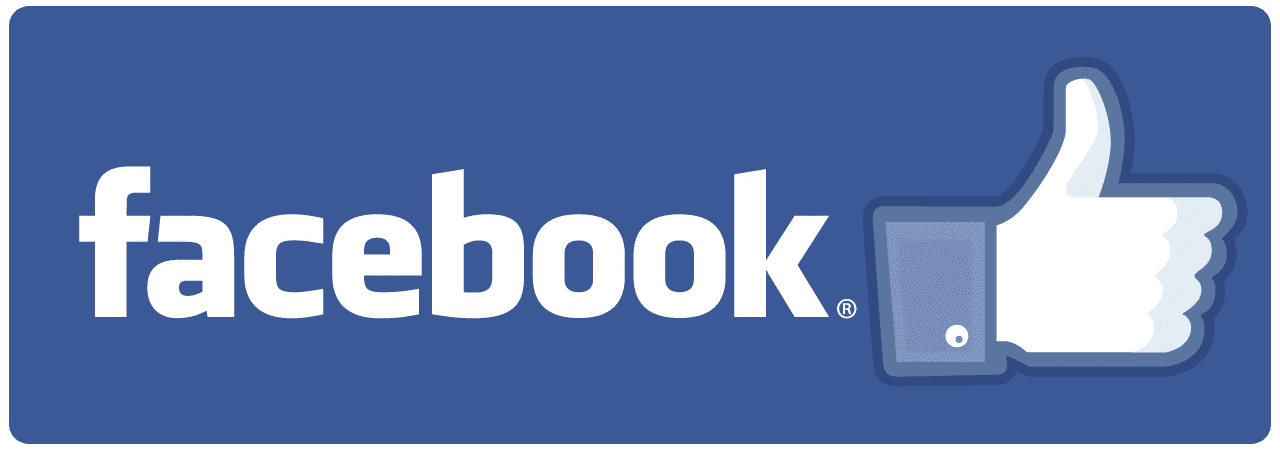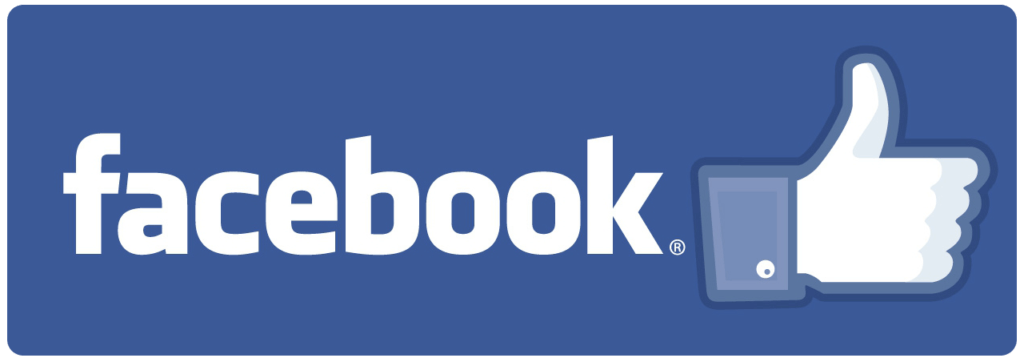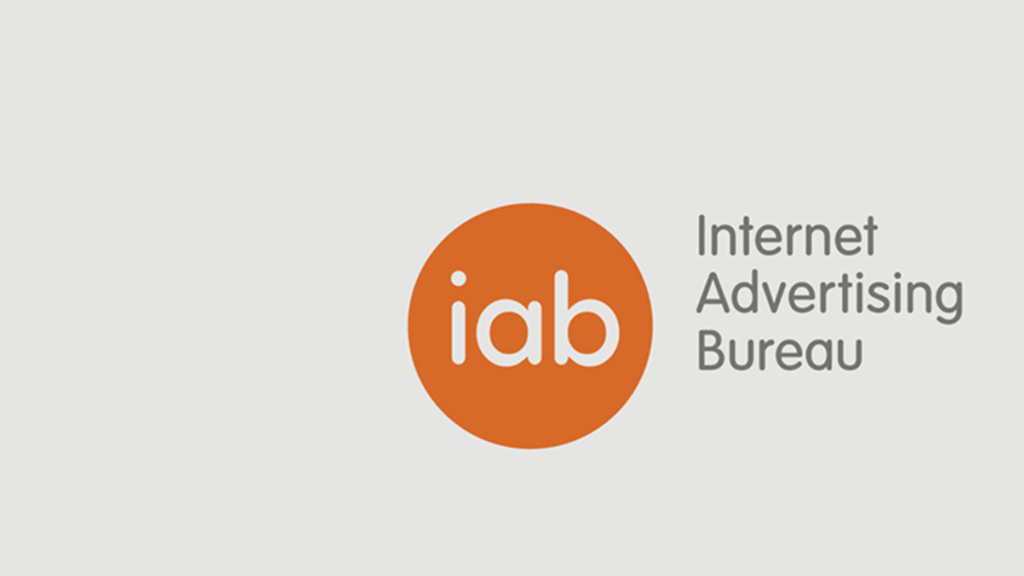
Amplify your reach and drive results with our tailored paid media strategies.

In a controversial move, Facebook announced this week that it plans to begin circumventing ad blocking software, forcing ads to appear for all of its desktop users, including those using ad blocking software. The new technology will mean that advertising is loaded differently into its desktop website, making it much trickier for existing ad blockers to spot.
The essence of the announcement is clear. If users wish to continue using Facebook for free, they must be willing to accept that ads are a part of that deal.
“Facebook is ad-supported. Ads are a part of the Facebook experience; they’re not a tack on,” said Andrew Bosworth, vice president of Facebook’s ads and business platform, to the WSJ.

Writing within a blog post, he goes on to explain: “We’ve designed our ad formats, ad performance and controls to address the underlying reasons people have turned to ad blocking software. When we asked people about why they used ad blocking software, the primary reason we heard was to stop annoying, disruptive ads. As we offer people more powerful controls, we’ll also begin showing ads on Facebook desktop for people who currently use ad blocking software.”
It’s a bold move, likely to be met with some resistance. According to one ad blocking project, Adblock Plus, the open source community has already found a workaround to Facebook’s changes. Within a blog post published today it writes:
“Well, that was fast.
“Two days ago we broke it to you that Facebook had taken “the dark path,” and decided to start forcing ad-blocking users to see ads on its desktop site. We promised that the open source community would have a solution very soon, and, frankly, they’ve beaten even our own expectations. A new filter was added to the main EasyList about 15 minutes ago.”
But it goes on to say that “this is still a cat-and-mouse game. Facebook might “re-circumvent” at any time.”
Adoption of ad blocking software has surged in recent years, with 22% of British adults employing it on their desktops, according to a recent report by the IAB. This has created a major headache for publishers and media owners, but the IAB claims two-thirds of ad-blocking users could be convinced to uninstall their ad-blocking software, if certain measures were put in place. Its recommendations include limiting access to content for ad-blocking visitors, avoiding ads with autoplay video or sound, ensuring ads don’t block access to content and “guaranteeing” that ads don’t affect page load times.
Subscribe to our monthly newsletter.
“The IAB believes that an ad funded internet is essential for providing revenue to publishers so they can continue to make their content, services and applications widely available at little, or no cost,” said IAB UK’s CEO, Guy Phillipson. “We believe ad blocking undermines this approach and could mean consumers have to pay for content they currently get for free.”
But in addition to its stand against ad blocking, Facebook has also introduced more ad preference controls for users, which will allow them to indicate the sorts of ads they do, or do not want to see, within their newsfeed. So for example if a user would prefer not to see ads about cars, or travel, they can remove those interests from their ad preferences. Additionally, users will be able to opt out of seeing ads from businesses or organisations that have added them to their customer lists.

“Rather than paying ad blocking companies to unblock the ads we show — as some of these companies have invited us to do in the past — we’re putting control in people’s hands with our updated ad preferences and our other advertising controls,” explains Facebook’s Bosworth.
Speaking to the WSJ, Bosworth claims Facebook’s decision is a matter of principle and not money.
“This isn’t motivated by inventory; it’s not an opportunity for Facebook from that perspective,” he explains. “We’re doing it more for the principle of the thing. We want to help lead the discussion on this.”
Facebook is just one of a growing list of companies wishing to take a stand against ad block. It’s a debate that won’t be resolved overnight, but the number of publishers fighting back is only likely to escalate. Earlier in the year, Wired offered an interesting ultimatum to ad blockers, advising them to white list their page, or face paying $1 a week to access an ad-free version of the site.
For more information about ad blocking and how it is affecting the industry, check out our earlier post, ‘Confessions of an ad blocker’.
Amplify your reach and drive results with our tailored paid media strategies.
Amplify your reach and drive results with our tailored paid media strategies.
Subscribe to our monthly newsletter.